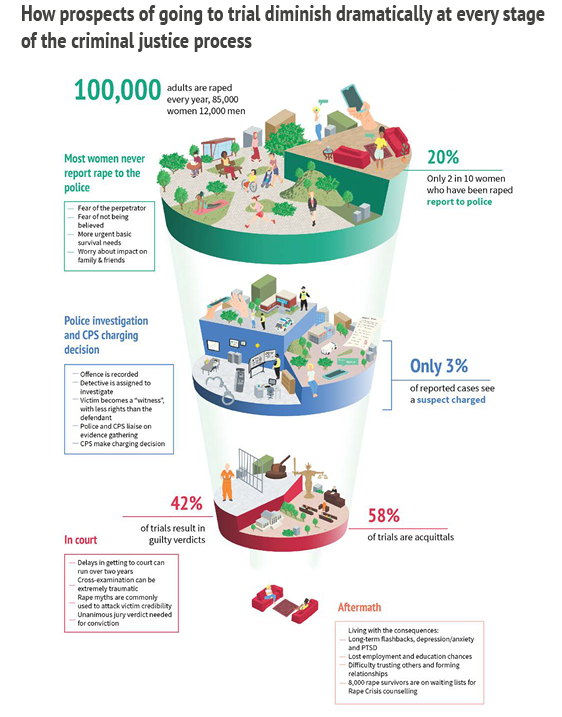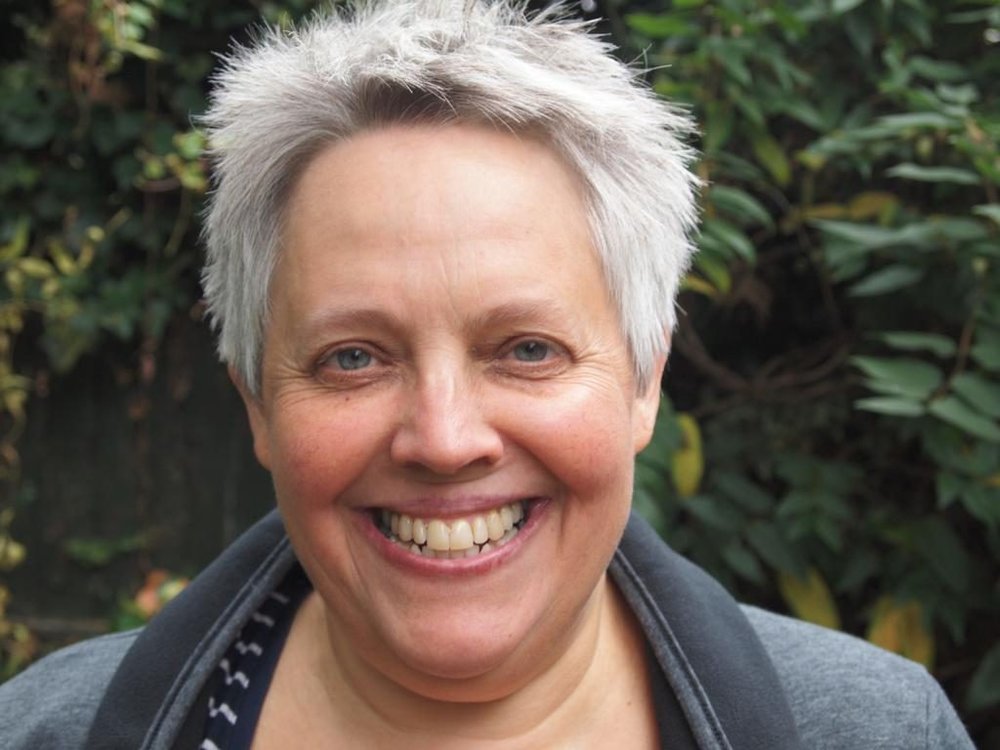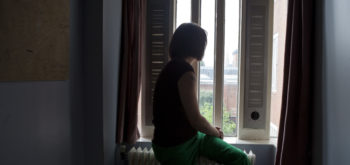The dwindling number of prosecutions of rape has led Human rights lawyer Harriet Wistrich to believe we have ‘virtually decriminalised’. Earlier in the year the legal charity that she founded, the Centre for Women’s Justice, brought a challenge in the courts against the Crown Prosecution Service’s rape charge policy on behalf of the End Violence Against Women Coalition. In this week’s episode, the campaigning feminist lawyer tells Calum McCrae why our justice system fails rape survivors
‘The number of cases reported has always been really low,’ Harriet Wistrich tells the Justice Gap Podcast; but a recent ‘dramatic decline’ of rape cases has added to concern that the CPS are removing weaker cases from the system to improve their conviction rates.
The judicial review, heard in the Court of Appeal in January, alleged that the CPS and Director of Public Prosecutions (DPP) acted unlawfully in its conscious move away from the merits-based approach towards a ‘bookmaker’s approach’. It relied on testimony from a whistleblower who reported advice from presentations given to prosecutors that they should ‘adjust their approach slightly… a touch on the tiller’ when making decisions to prosecute in rape cases. Some 55,259 rapes were reported last year; but only 2,102 prosecutions were brought which resulted in just 1,439 convictions.
Wistrich says: ‘It’s a nightmare if you’ve been raped. It often feels like the victim is on trial, there are huge delays and then at the very last minute sometimes the case is dropped. What would make you ever want to go through that again?’
A decision from the Court of Appeal is expected next week. But Harriet says the fact they brought the judicial review is a success itself. ‘The publicity around it, the fact that so many people have supported us, and most importantly, the fact the CPS has now introduced new guidance, means we’ve already achieved a lot’.
You can listen to the conversation above on www.thejusticegap.com via our podcasts page, or wherever you get your podcasts.
The next episode of The Justice Gap Podcast will feature a discussion about the conviction of Oliver Campbell, and why his case shows the ineffectiveness of the appeals process and the safety net that is the Criminal Cases Review Commission.








